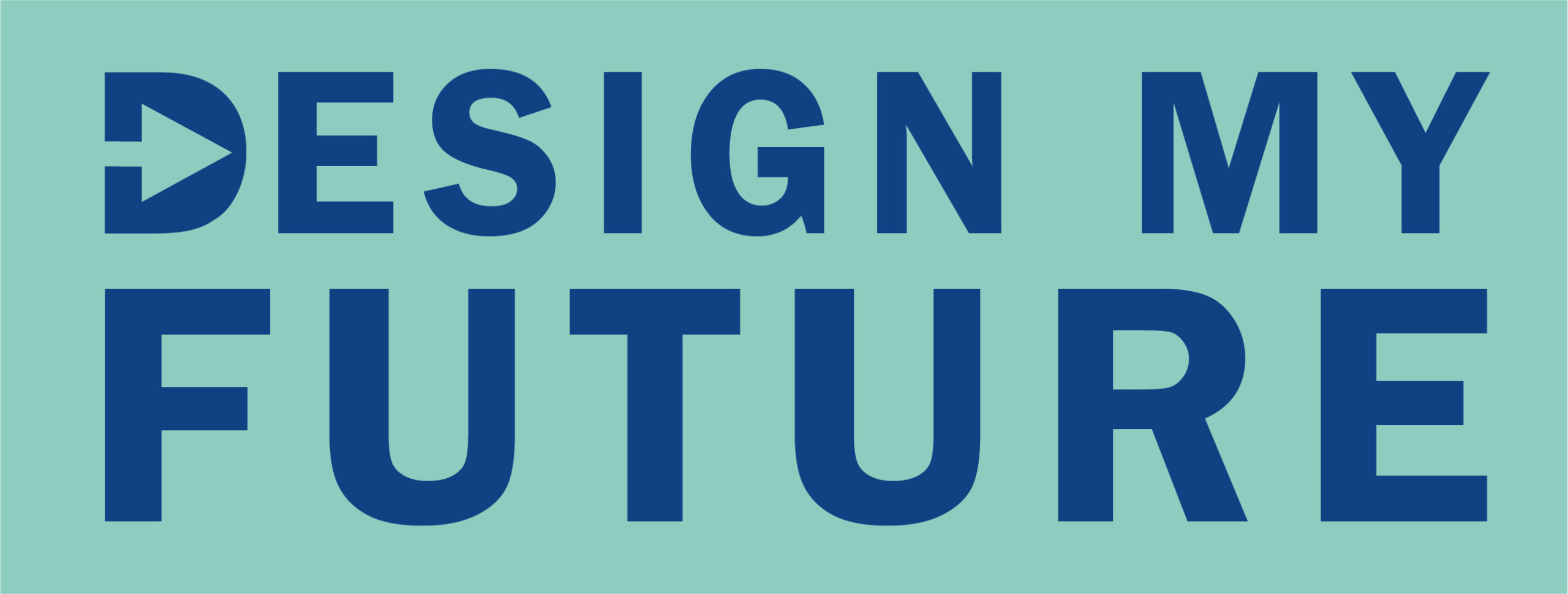It was my first time in Norway. As soon as I arrived in Tromsø my wish was to go chasing the aurora borealis. I had already seen them on the internet, either in photos or videos. Just like so many other things you can see on the internet, but you feel it’s not the same.
But the main reason for my going to Tromsø, is to meet with my colleagues and research partners from the DesignMyFuture project. We are finalising the content to be included in materials to help guide young people, their families and teachers in their lifelong choices. Especially those that help prevent and combat early school leaving.
Just as the aurora borealis can be searched for and seen on the internet, so can many other aspects of people’s life projects. For example, many young people see on the Internet, either in their searches or in other content they come into contact with, information about new realities and educational and professional choices. However, as I was saying, it’s not the same to have the possibility of going chasing the aurora borealis instead of just seeing it on the internet. Something similar also happens in the case of young people. In other words, many of these young people who come into contact with this information about the different professional possibilities are nevertheless left with the perception of low self-efficacy and of not knowing how to put their ideas into practice.
But its not just young people. Parents feel pretty much the same. And they also search content regarding career choices for their child, and feel the same – one thing is seeing it on the internet and the other is playing for real. And if young people feel somehow afraid of making a bad decision and let their parents disappointed, their parents feel the pressure of not failing them, family and society pressure. Because parents wish to be able to better guide their children and feel that they are achieving what they want.
All parents want their child to make a good career choice. They specially want to be able to continue to contribute to their happiness and well-being. And when we ask parents what they most wish for their children’s lives, it is true that their professional projects come up. But what stands out most in the words of parents is that their children can be happy.
Parents know that most of us expect great deeds from them. School and teachers say that a lot, that they expect parents to support their child with school homework and activities, and at the same time give a safe and rich environment to help them grow healthy. Even in research we see some sentences and conceptual thinking that reinforces this idea, especially when talking about the importance of time parents spend with their child and the impact is has school project. But still today parental involvement is seen as passive or intrusive and not collaborative. For example, in most schools we don’t see a parents room. A place at school dedicated for parents to meet, develop and make part of school decisions. Parent’s previous school experiences, their educational, cultural and socio-economic backgrounds, different parenting styles and a sense of detachment from school culture and language, create a gap between them and school, and therefore with their child also.
And so, as young people feel that school aren’t preparing them for a future career choice, parents also find a lot of areas in which their schooling which didn’t prepare them, for example, for parenthood and helping their child to make choices. Because, as children grow up, it is important to encourage them to make decisions and to hold them accountable for their consequences. If this is the practice from an early parental attitude, children and young people will naturally learn to take responsibility for their choices and their autonomy progresses. And although children may share many of their ideas and ideals with their family, “it’s their life”.
It is fundamental to cultivate a space for dialogue between parents and children. The exchange of ideas on everyday topics fosters this dialogue and helps to strengthen bonds of trust. When parents listen to their children’s dreams, they get a better idea of their singularities and what has special meaning for them. And this is also true between families and schools. Both of them know what to do, but they insist in not listening to each other on their needs and how important is to have each other as partners.
Maybe the light I went chasing in Tromsø isn’t a new kind of light, as many still think. It’s almost like the aurora borealis, they were always there. But now everyone seems to have a different way to pursue them, even on the internet. This research team and the DesignMyFuture project intends to understand precisely that and how to bring them closer to each other.
Pedro Rodrigues. Partners in Neuroscience (PIN).
This original blog appeared on Chasing lights (autismonoadulto.com) on 9 October 2022 and is reproduced here with the permission of the author.

